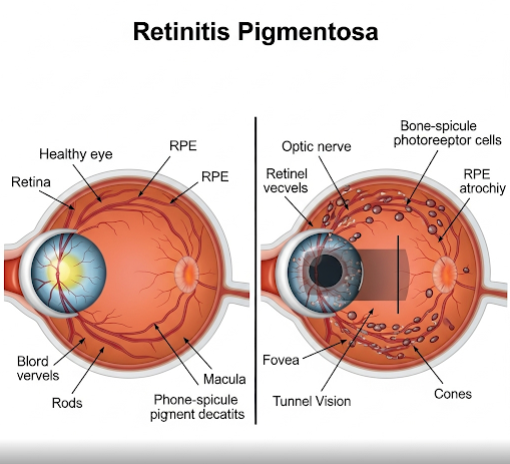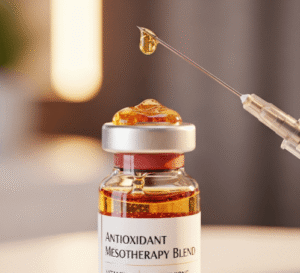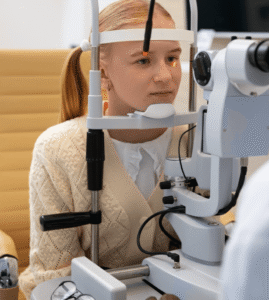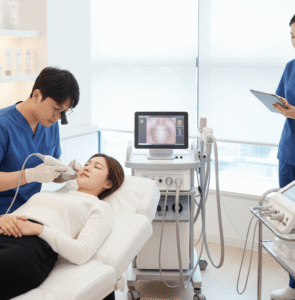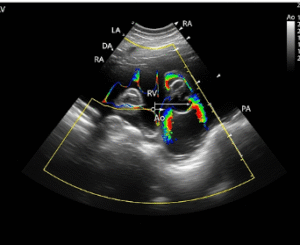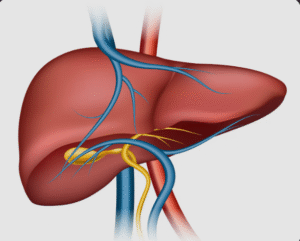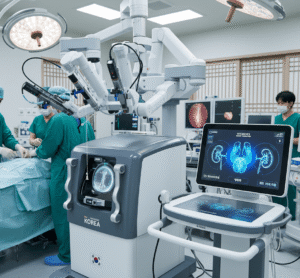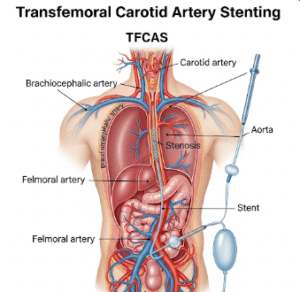Overview
Retinitis Pigmentosa (RP) is a group of rare genetic disorders that cause progressive degeneration of the retina, leading to gradual vision loss and, in severe cases, blindness. It primarily affects the rod photoreceptors responsible for night and peripheral vision. In Korea, specialized genetic testing and advanced treatment options are available to manage symptoms and support patients with this challenging condition.
What is Retinitis Pigmentosa?
Retinitis Pigmentosa is an inherited retinal disease characterized by the progressive breakdown and loss of photoreceptor cells in the retina. It commonly begins with night blindness and loss of peripheral vision, eventually affecting central vision as the disease advances. RP can vary widely in severity and age of onset depending on the genetic mutation involved.
Symptoms
- Difficulty seeing at night (night blindness)
- Gradual loss of peripheral (side) vision leading to tunnel vision
- Sensitivity to bright light (photophobia)
- Difficulty adjusting from light to dark environments
- Progressive decrease in visual acuity in later stages
Causes
- Genetic mutations affecting the photoreceptor cells or retinal pigment epithelium
- Inherited in various patterns: autosomal dominant, autosomal recessive, or X-linked
- Sometimes associated with syndromes affecting other organs (syndromic RP)
Risk Factors
- Family history of retinitis pigmentosa or other inherited retinal diseases
- Specific genetic mutations identified by testing
Complications
- Progressive vision loss leading to legal blindness
- Difficulty with daily activities requiring vision
- Potential associated hearing loss in some syndromic forms
- Emotional and psychological impact of chronic vision impairment
Prevention
- Currently, there is no known way to prevent genetic mutations causing RP
- Genetic counseling for families with history of RP
- Early diagnosis and monitoring to manage progression and complications
Treatment Options in Korea
While there is no definitive cure for Retinitis Pigmentosa, Korea offers advanced supportive and experimental treatments:
- Genetic Testing and Counseling: Precise diagnosis through genetic screening to identify mutation type and guide prognosis.
- Vitamin A Supplementation: Sometimes recommended under medical supervision to slow progression.
- Low Vision Aids: Devices and technologies to maximize remaining vision and improve quality of life.
- Emerging Therapies: Participation in clinical trials for gene therapy, retinal implants, and stem cell treatments available at specialized centers.
- Regular Monitoring: Comprehensive ophthalmic exams to track disease progression and manage complications.

